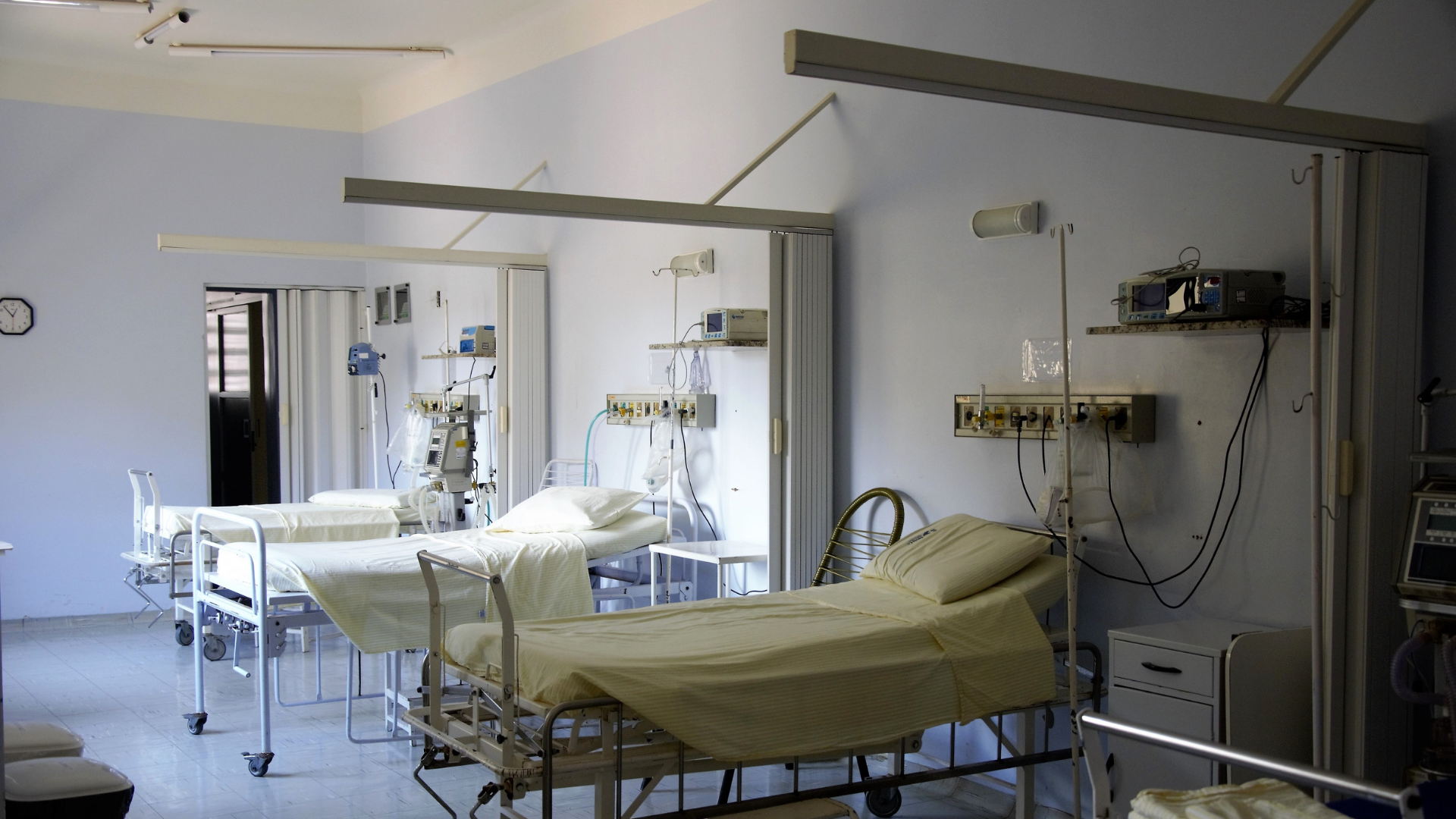Optimisation of antimicrobial use in BSIs and UTIs in various health sector settings in Zambia
Context
Zambia is a landlocked country in Southern Central Africa, with a population of about 18.3 million people. It has a centralised government and healthcare is provided by the government, faith-based organisations and the private sector.
Zambia faces similar challenges to many other LMICs, such as weak health systems and chronic stock-outs of diagnostics and medicines including antibiotics. It depends on almost 100% importation of its medical and diagnostic needs.
Problem
Antimicrobial resistance (AMR) is a global concern which poses a serious risk to public health. In clinical practice worldwide and Zambia in particular, urinary tract infections (UTIs) and bloodstream infections (BSIs) are clinical syndromes associated with indiscriminate use of antibiotics leading to antibiotic resistance (ABR). The consequences of ABR include:
- prolonged hospitalisation
- mortality
- increased healthcare costs
This is made worse with institutions that do not have antimicrobial stewardship programmes.
“This project is timely in Zambia as we seek to develop evidence-based treatment guidelines for common syndromes we struggle with, claiming many lives and causing more morbidities.”
Professor Lloyd Mulenga, University of Zambia
Project overview
This project aims to improve the appropriate use of antibiotics for BSIs and UTIs by 20% among prescribers across the continuum care within 2 years, by introducing an antimicrobial stewardship programme in selected Zambian healthcare facilities. BSIs and UTIs will be used as proxies along the continuum of care. Implementation will occur in 3 tertiary hospitals and 6 primary healthcare facilities.
Outcomes
The expected outcomes include:
- increased compliance to treatment guidelines;
- appropriate AMU (drug choice dose, route, duration, dosing frequency) in BSIs and UTIs treatment;
- reduction in hospital length of stay;
- reduced treatment costs;
- evidence-based management of UTIs and revision of Standard Treatment Guidelines (STGs);
- establishment of model AMS sites to provide training for other institutions and a blueprint for upscaling.
Facts
Region: Africa
Sector: Humans
Country: Zambia
Type: Project
Country partners: Zambia National Public Health Institute, Ministry of Health, Lusaka University Teaching Hospital, University of Zambia, Matero First Level Hospital, Lusaka
Timescale: 17th January 2022 – 16th January 2025
ICARS funding: 550,000 USD
ICARS Science Team


Resources
Share
Share this project on socials



